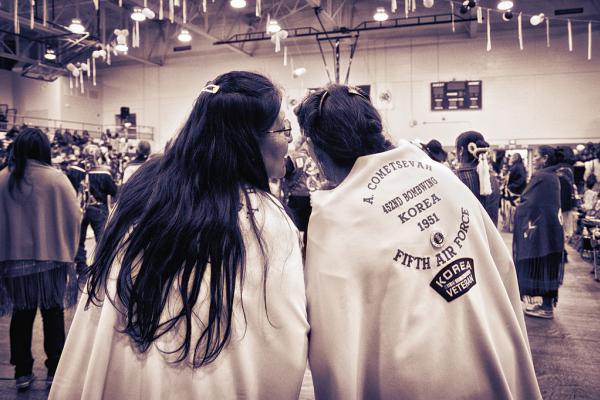Mar 1, 2018
North Dakota alone recorded 125 cases of missing Native American women and girls in 2016, and Sen. Heitkamp has said she suspects the real number is likely higher. The bill is named for Savanna LaFontaine-Greywind, of the Spirit Lake and Turtle Mountain Chippewa Nations, who was found dead in Fargo, N.D., in August 2017. She was murdered by two non-Native residents of Fargo, who forcibly removed her unborn baby from her womb before she died.
Read the Full Article

Already a subscriber? Login
